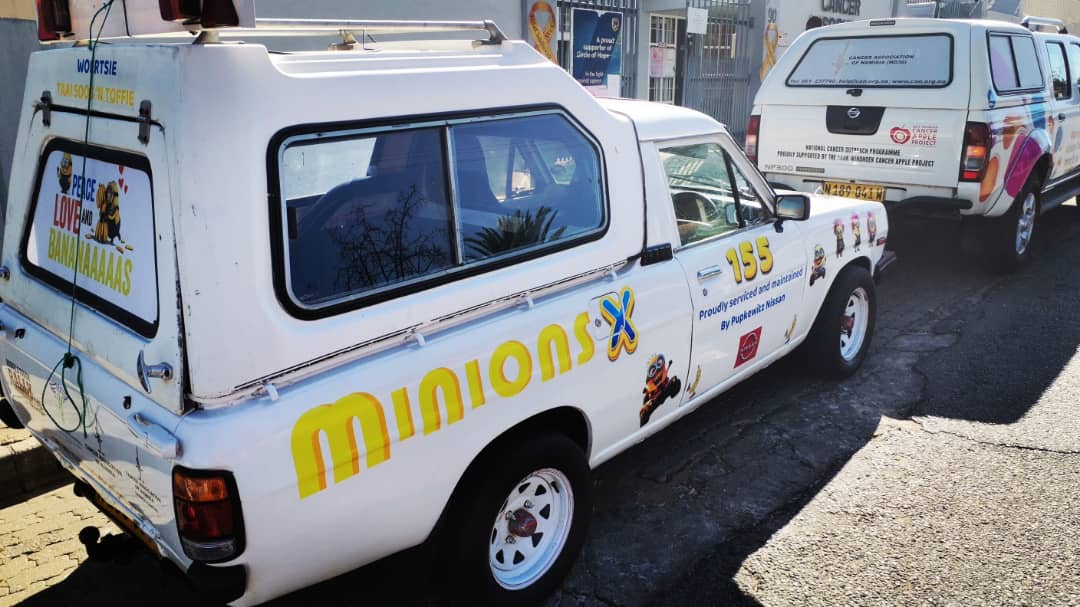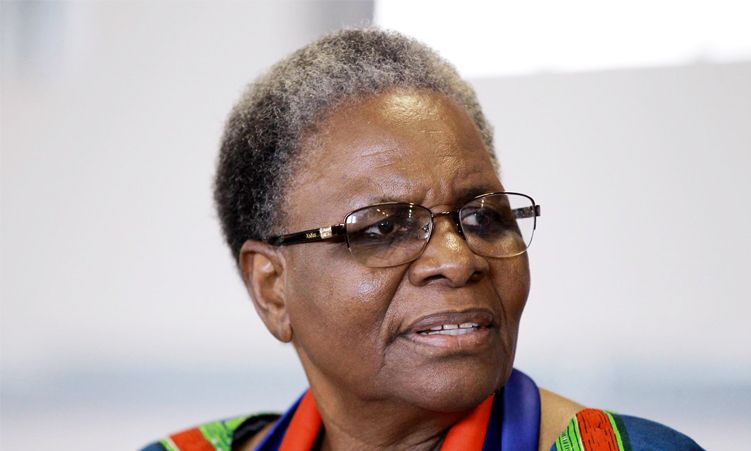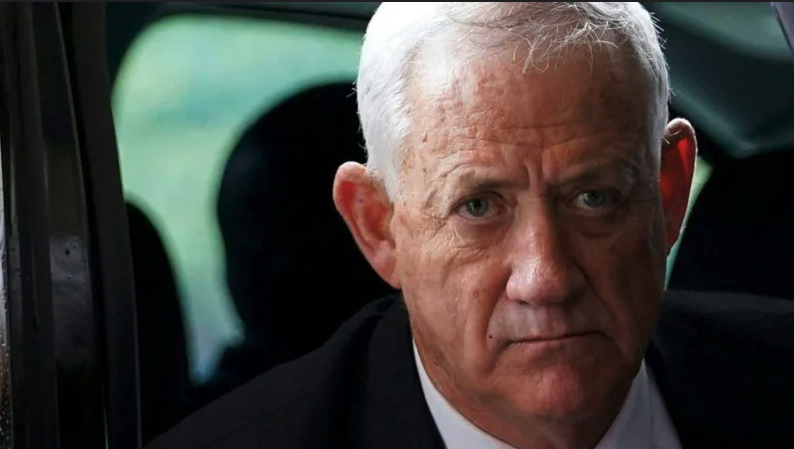In early 1992, the Namibian government begged European countries for N$194 million to buy food and other drought aid.
At the same time, the Cabinet bought an N$80-million luxury French airplane for use by then president Sam Nujoma.
As expected, donor nations were upset by this contradiction, and some made it clear that such lavish spending would affect long-term support.
So, president Hage Geingob and other officials should remember their past actions when complaining it is unfair that Namibia is classified as upper middle-income and thus unable to get donor funding and cheap loans.
Geingob and his predecessors argue that the World Bank’s classification is discriminatory because the huge inequality in Namibia between the majority, who are much poorer than the minority, especially white people, stems from “colonial injustices”.
Just over 33 years since the country’s independence, blaming colonialism alone has become a much weaker argument, because any sane person will wonder what our leaders have done with its riches if inequality and poverty are generally getting worse.
Upper middle-income countries are considered wealthy enough for every citizen to have enough of an income to sustain a decent lifestyle.
Geingob’s never-ending complaints that the country is unable to benefit from handouts because of the classification amount to nothing more than an admission that Swapo, which has governed Namibia since 1990, has dismally failed to tackle inequality and deliver on various promises of prosperity.
Ruling politicians seem unable to show success amid evidence that a larger proportion of Namibians are worse off than a couple of decades ago.
Nearly half the population live in shacks.
More than 60% of the youth are unemployed with little prospect of progressing up the prosperity ladder.
Poverty and hunger are pervasive – more than 45 children were reported to have died from malnutrition in the Omaheke region in the first six months of this year.
By contrast, every retiring president walks off with anything between a N$35-million and N$80-million housing allowance.
They collect the most money and accumulate millions of dollars in travel allowances despite having all (yes ALL) their needs covered by taxpayers.
Presidents need not touch a cent of their nearly N$2 million-a-year salary because the state takes care of every need.
Geingob and fellow leaders must surely know that reclassifying Namibia would not lead to any improvement in the lives of citizens without the political will to reallocate national resources that are wasted through mismanagement and corruption.
The president likes to boast that the government provides social grants to the elderly, but the state pension is typical of the bandage policies Namibians have witnessed for decades.
The misallocation of state resources continues unabated with skewed spending on pet political projects such as massive office buildings and dual-carriage highways with an excessive number of bridges in a dry country.
By contrast, reports are common of trains falling off railway tracks and spilling yellow cake or other goods in the desert while destined for export.
Corruption is seen as the main reason why foreign-owned companies often scoop government tenders for goods and services, leading to money flowing out of the country and Namibians losing opportunities to build operational and managerial skills.
Geingob continues to have us believe that corruption is not systemic despite statistics and anecdotes galore.
The president and officials who trumpet the upper-middle income classification as the obstacle to prosperity for the majority would be well advised to familiarise themselves with literature as well as evidence showing that donor handouts have kept countries behind.
At the moment, our leadership continues to live lavishly while expecting other countries to use their taxpayer funds to help us.
Namibia, like any rich beggar, should not be taken seriously.
Let’s use our country’s resources better for the benefit of the majority.
Stay informed with The Namibian – your source for credible journalism. Get in-depth reporting and opinions for
only N$85 a month. Invest in journalism, invest in democracy –
Subscribe Now!






